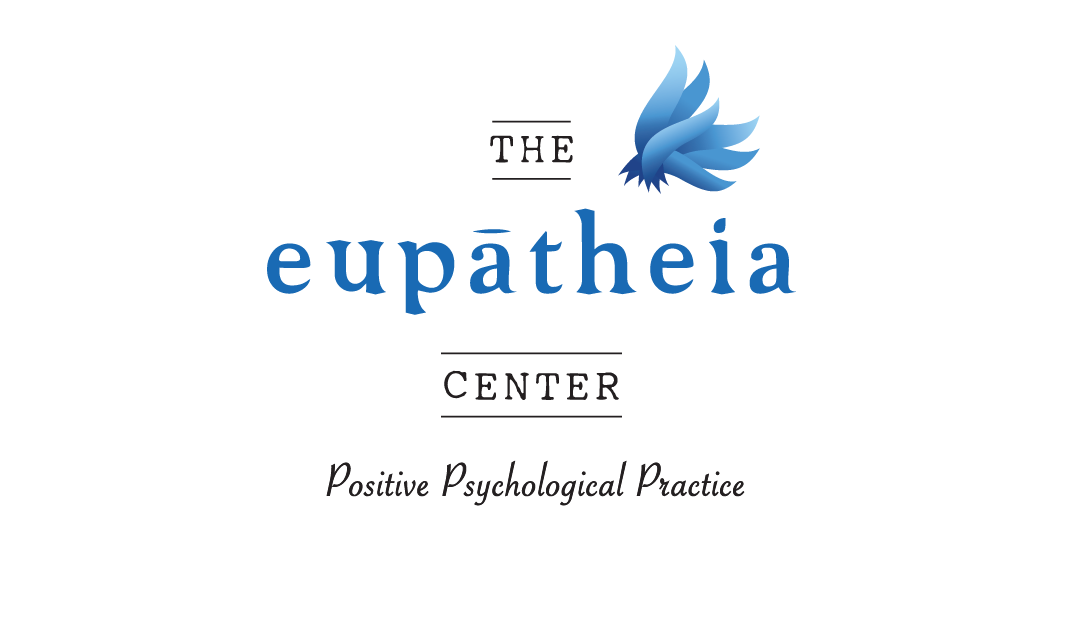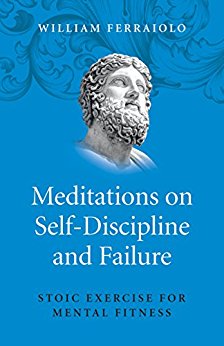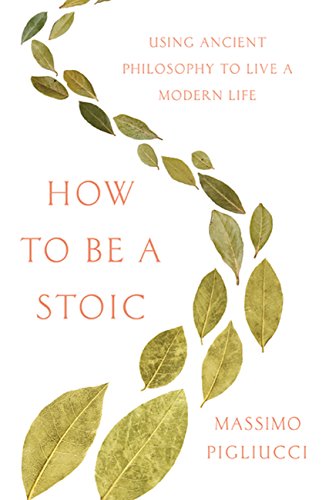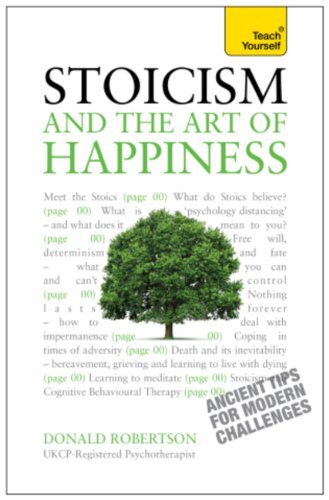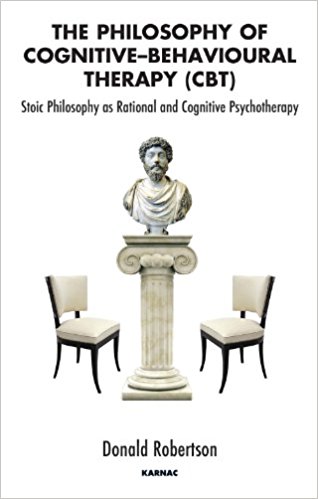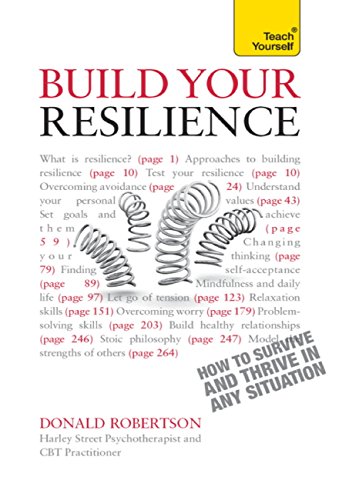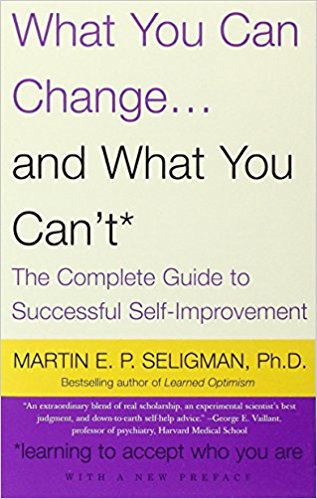Spinoza’s Path to Emotional Fulfillment: Cultivating Eupatheia Through Rational Insight
/Baruch SPinoza - 17thC Philosopher
In the 17th century, philosopher Baruch Spinoza proposed a transformative approach to emotional well-being—one rooted in understanding the causes of our emotions and using reason to guide and reshape them. This approach aligns closely with modern psychological principles and can be applied to everyday emotional challenges, such as irrational guilt or persistent anger. I refer to this practice as eupatheia, or the cultivation of balanced, fulfilling emotional states through reflective insight and intentional practice.
Spinoza’s method involves several core principles:
1. Understanding the Nature and Function of Emotions
Spinoza emphasized the importance of studying emotions with objectivity and curiosity, rather than being passively carried along by their intensity. This requires examining the underlying causes, interpersonal functions, and broader human patterns of emotions like guilt and anger. For instance, consider how guilt often serves to repair social bonds, while anger may function as a boundary-setting mechanism.
Practical Tip: Observe how these emotions manifest in others through reflective conversations, psychological literature, or even well-crafted novels that explore emotional life in depth. This practice nurtures both emotional literacy and empathy.
2. Cultivating Self-Awareness
Emotional growth begins with the willingness to observe and reflect upon one’s own emotional landscape. Spinoza believed that emotions become more manageable when we understand their triggers and narrative structure.
Practical Tip: Keep an "Emotion Insight Journal" to track significant emotional experiences. Identify the thoughts, bodily sensations, and environmental factors associated with each emotion. For example, when experiencing anger, write down your beliefs about the situation and ask yourself whether the event genuinely threatened something of value or if it activated deeper, underlying concerns.
3. Recognizing the Deterministic Nature of Emotions
Spinoza’s deterministic worldview suggests that emotions, like all natural phenomena, arise from identifiable causes. Recognizing this can reduce self-recrimination and blame. Anger, for instance, often dissipates when we understand the complex causal chain that led to someone’s hurtful behavior—including their own limitations and circumstances.
Practical Tip: When an emotion like resentment arises, ask: Given the context, could events have unfolded any differently? This exercise fosters cognitive flexibility and emotional release.
4. Intellectual Empowerment and Cognitive Restructuring
Spinoza argued that distorted or confused ideas about ourselves and others contribute to emotional distress. By cultivating intellectual clarity, we can challenge and reframe these beliefs, reducing their emotional grip.
Practical Tip: Identify irrational or overly rigid beliefs linked to emotional distress. For instance, if you feel pervasive guilt, ask yourself: Am I holding myself to a moral standard that is unrealistic or inherited uncritically from my upbringing? Cognitive-behavioral techniques, such as reframing, can support this process of intellectual empowerment.
5. Mindful Reflection on Emotional Dynamics
Emotions are not isolated experiences but dynamic processes involving cognitive, physiological, and interpersonal components. Spinoza encouraged regular reflection on the patterns and consequences of our emotional responses.
Practical Tip: Practice daily mindful check-ins: pause briefly to observe your emotional state and its physical correlates (e.g., tension, warmth, agitation). Reflect on how others’ emotional expressions influence you and how your own emotional communication shapes interactions.
6. Ethical Self-Discovery and Values-Driven Action
For Spinoza, emotional well-being was inextricably linked to moral clarity and integrity. Emotional fulfillment requires acting in accordance with reasoned ethical principles and continually reassessing inherited moral beliefs.
Practical Tip: Use "values-based action plans" to guide behavior toward personally meaningful goals. For instance, if kindness is a core value, plan specific acts of kindness each week and reflect on how these actions affect your emotional state. Over time, this practice helps distinguish genuine moral principles from those accepted through passive social conditioning.
By integrating these principles into daily life, individuals can experience eupatheia—a state of emotional clarity, stability, and fulfillment. Spinoza's method provides a timeless, intellectually grounded framework that resonates with contemporary psychological insights, offering a path toward greater emotional resilience and authentic flourishing.
